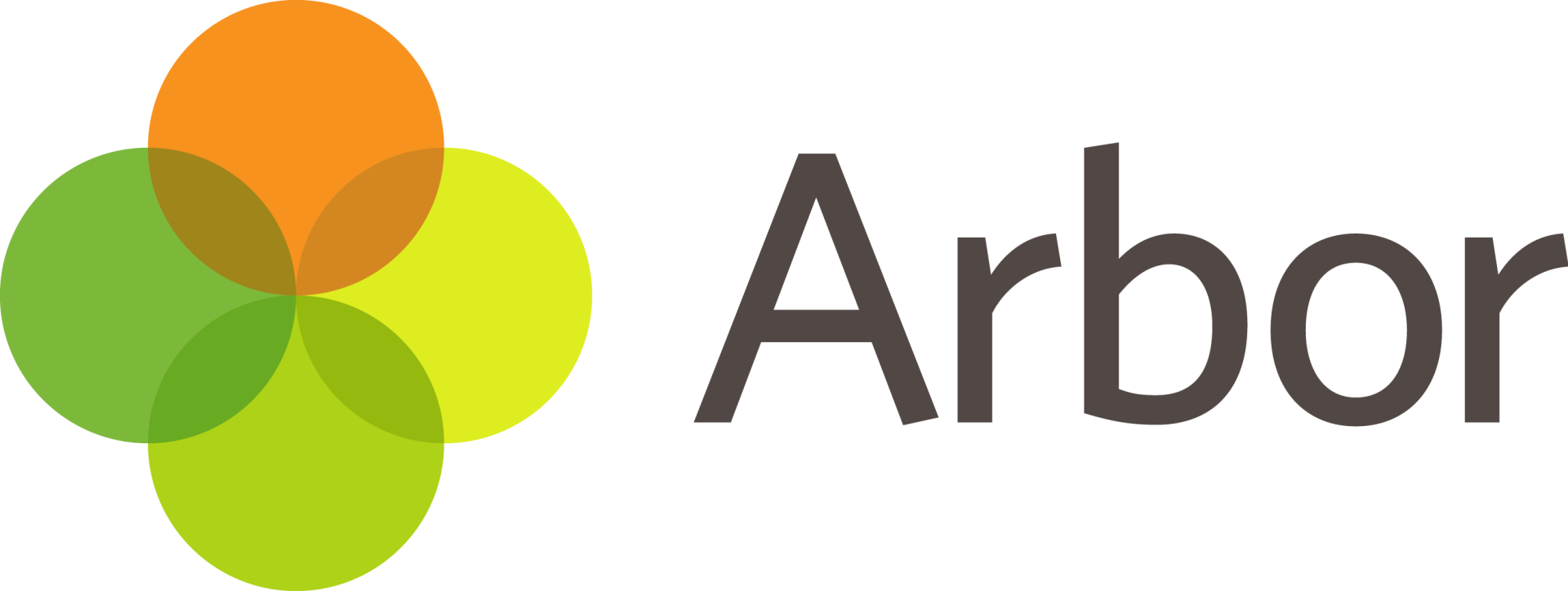PSHE
How do we teach PSHE?
How does studying PSHE help our young people to achieve?
We use Connect PSHE as our scheme of work for teaching the PSHE curriculum. What makes Connect PSHE unique is that the termly themes are derived from the psychological wellbeing literature, and specifically the work of Dr Geetanjali Basarkod. Dr Basarkod’s PhD thesis expanded on the work of the New Economics Foundation by showing that psychologically healthy people tend to engage in 6 behaviours, and our curriculum is built around them. They are…
- Connecting with others – this involves having healthy social relationships.
- Challenging oneself – this involves continually trying to improve via learning.
- Giving to others – this involves spending time and resources helping our fellow human beings.
- Exercising – this involves engaging in physical activity.
- Embracing the moment – this involves mindfully interacting with our thoughts and feelings.
- Self-care – this involves looking after oneself, such as through healthy eating and improved sleep quality.
Connect is the only PSHE curriculum specifically designed to support children to engage in the six wellbeing behaviours.
Relationships and Sex Education (RSE) and Health Education
Alongside this, we also believe in the importance of Social and Emotional Learning (SEL), and therefore incorporate the explicit and implicit teaching of social and emotional skills within our teaching. Teaching PSHE and SEL will help children to understand and manage emotions, set and achieve positive goals, feel and show empathy for others, establish and maintain healthy and positive relationships and make responsible decisions (Weissberg: 2015)
PSHE Strategy
We believe that our pupils’ spiritual, emotional and cultural health and well-being are as important as their academic. We pride ourselves on the wide range of curriculum opportunities, strategies and approaches that we employ in order to ensure our learners are prepared for the next phase of their educational careers and for life in general. In order to achieve this we use a variety of approaches to support the planning and delivery of:
- Social and Emotional Learning (SEL)
- Personal, Social and Health Education (PSHE)
- Social, Moral, Spiritual and Cultural Education (SMSC)
- Mindfulness
- Emotion Coaching
- Mental Health and Well-being
- Fundamental British Values
Our PSHE curriculum is woven into everything we do, including our curriculum themes. To compliment this we have also adopted Connect PSHE to ensure all discrete areas of the PSHE curriculum are taught to the highest possible standard.

Social Emotional Learning (SEL)
At Stoke Lodge we believe in the importance of Social and Emotional Learning (SEL), and therefore incorporate the explicit and implicit teaching of social and emotional skills within our teaching. We define SEL as:
“Social and Emotional Learning refers to the process through which children learn to understand and manage emotions, set and achieve positive goals, feel and show empathy for others, establish and maintain positive relationships, and make responsible decisions.”Weissberg, R. et al. (2015)
The term SEL is widely used internationally and consists of 5 competencies.
- Self-awareness
- Self-management
- Social awareness
- Relationship skills
- Responsible decision-making
We believe that these competencies need to be taught explicitly as skills and also integrated and modelled through everyday teaching. Our whole school plan which ensures SEL is woven through our culture and ethos.

Social, Moral, Spiritual and Cultural
We believe that the teaching of values and ensuring learners have a good understanding of their responsibility within our community and wider society is crucial. This is especially important if young learners are to take their place in the world and make an important contribution to our society. In believing this, we place value on teaching children about their rights and responsibilities in school and their community, the moral dilemmas and decisions that they may be faced with in their lives and giving them opportunities to learn about and understand their place in the world. We believe that learners grow from a sense of belonging and a feeling of ‘knowing who they are’. We support the teaching of respecting others’ beliefs and religions and provide a welcoming and inclusive environment for learners to explore their own ideas and beliefs and sense of self.
Mental Health and Wellbeing
At Stoke Lodge we take the mental health and well-being of our learners seriously and each school will provide different strategies and resources to support and develop the promotion of emotional well-being. We follow the eight principles promoted by Public Health England (March 2015) to champion and promote well-being.
PSHE Curriculum Map
At Stoke Lodge we use PSHE connect to support our staff and pupils and quality assure our PSHE curriculum. The scheme supports with planning, resources and professional development for our teaching team to ensure high quality teaching.
Key Documents
PSHE Curriculum Map (Overview)
Click here to find out where our British Values are taught and embedded in our PSHE curriculum
Social Emotional Learning (SEL) Provision at Stoke LodgeMental Health Services for Families
Please click on the link below for a parents and carers guide to the Jigsaw scheme.



